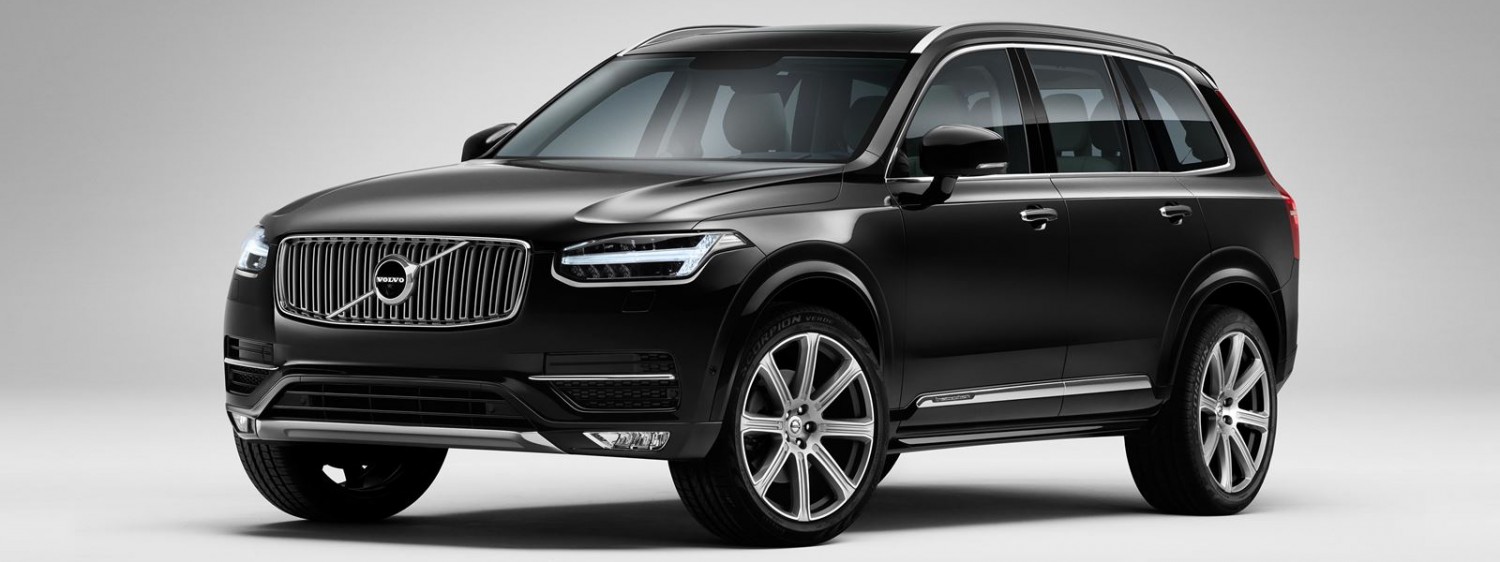Honda announced the release of the all-new Civic Type R, a pure sports edition of the Civic with further enhanced driving performance. The new Civic Type R will go on sale throughout Japan on Friday, March 30.
This new Honda Civic Type R was developed to make the driver feel at one with the car for the ultimate driving experience in all driving conditions, including on circuits.
The all-new Honda Civic Type R comes equipped with a specially tuned 2.0-liter normally aspirated engine matched to a 6-speed manual transmission. A lighter, more rigid body shell, specially tuned suspension, 18-inch tires and large 17-inch front disc brakes contribute to the
Civic Type R’s ability to push the performance envelope. Newly developed aerodynamic devices further enhance high-speed performance while giving the wide and low form a more aggressive look. Front bucket seats, a unique instrument panel and other performance accessories contribute to an easier and more responsive drive.
Type R models are specially tuned to take full advantage of the potential of the base model and provide a racing car-like driving feel. First offered on the NSX in 1992, the Type R range was extended to the Integra in 1995, and the Civic in 1997. This latest all-new Civic Type R is the distillation of 15 years of technological progress and the latest expression of Honda’s “Challenging Spirit.â€
Key Features of the Honda Civic Type R
Exterior Design
# The exterior employs a pure sports one-motion form design with aerodynamically advanced surface treatment and sharp edges. Newly developed aerodynamic devices include a large air intake in the front bumper and grille, a rear bumper with built-in rear diffuser, a high-mount rear spoiler, and extended side sill garnishes, giving the car an aggressive overall appearance.
# Specifically designed engine hood and front fenders.
# Specially designed shiny black chromed front grille bar, headlight sub-reflector and Civic emblem design.
# Type R red Honda emblem front and rear.
Interior Design
# The overall black color scheme gives the interior cockpit a racing car-like appearance, bringing the driver closer at one with the car.
# The front bucket seats are specially designed for Type R. Separate center/side construction with high side bolsters and optimized cushion rates help hold the body in place, helping the driver concentrate on driving.
# The multiplex i-VTEC engine revolution indicator alerts the driver that engine speed is approaching maximum allowed revolutions. Self-illuminated, lit with red-colored flashing lights and is strategically located for minimum eye movement in circuit and other high speed driving conditions.
# Other performance-oriented features include a small-diameter, genuine leather oval steering wheel, an aluminum ball-type shift knob, a short stroke sports shift linkage, metal sports-type pedals and footrest, and a separate, button-type engine starter.
Engine
# A higher compression ratio and improved breathing efficiency help the naturally-aspirated K20A 2.0-liter i-VTEC engine output a maximum of 165kW (225PS) at 8,000 rpm and a maximum torque of 215Nm (21.9kgm) at 6,100 rpm.
# NSX production methods contribute to smoother port surfacing, improving intake/exhaust airflow.
# Drive-By-Wire (DBW) provides for finer tuning of throttle response and power output.
# Optimum tuning of intake and exhaust manifolds provides for high output at high engine speed while also improving torque characteristics over a broad engine speed range.
Transmission
# A close-ratio 6-speed manual transmission is matched to the Type R engine.
# Optimized gear ratios offer superior accelerations at high speeds, providing exhilarating performance.
# New features include a highly rigid aluminum transmission case while the addition of a baffle plate helps mitigate oil starvation at high cornering speeds.
# A short stroke shift linkage contributes to a sporty shifting feel.
Highly Rigid Yet Lightweight Body/Chassis
# The highly rigid Civic body and its advanced layout serves as the basis for an even more highly rigid, yet lightweight Type R body. Measures to enhance body rigidity while reducing weight have translated into a body that is 50% more rigid than in the Integra Type R production model sold between 2001 and 2006.
# Specially tuned suspension, high performance 18-inch tires, a torque-sensitive helical limited slip differential, large disc brakes for improved fade resistance and other performance-enhancing features contribute to higher cornering performance and stability for an exciting, racecar-like driving experience.
# The specially tuned suspension boasts revised spring and damping rates, and thicker stabilizer bars for improved vehicle stability.
# 225/40R18-sized high-performance Bridgestone Potenza RE070 tires.
# 17-inch disk brake with Brembo 4-pot aluminum front calipers.
# Specially-tuned ABS/EBD system.
# Special lightweight 18-inch aluminum wheels are matched to black wheel nuts.
Safety Performance
# Honda’s original G-CON (G-force Control) technology is incorporated to create a body with a crash safety performance that is among the best in the world, withstanding a 55km/h full-frontal collision, a 64km/h front offset collision, a 55km/h side collision, and a 50km/h rear collision.
# The vehicle’s Advanced Compatibility Engineering body provides a high level of self-protection and also improves compatibility toward other vehicles.
# The vehicle is also designed to help mitigate pedestrian injury in the event of a collision thanks to the use of impact-absorbing structures.
# The front seats are equipped with 3-point, load-limiting ELR (Emergency Locking Retractor) seatbelts with E-pretensioners.
# Front-seat occupants are further protected by standard driver/front passenger i-SRS air bags.
# ISO FIX compatible child Seat anchoring bars and tether belt anchor plates are standard on the rear seats.
Environmental Performance
# The Honda Civic Type R complies with the Japanese Ministry of Land, Infrastructure, and Transport emissions regulations for 2005.
# PVC and Cr6+ use have been eliminated from interior and exterior components and wherever possible throughout the vehicle to achieve over 90% recyclability.
